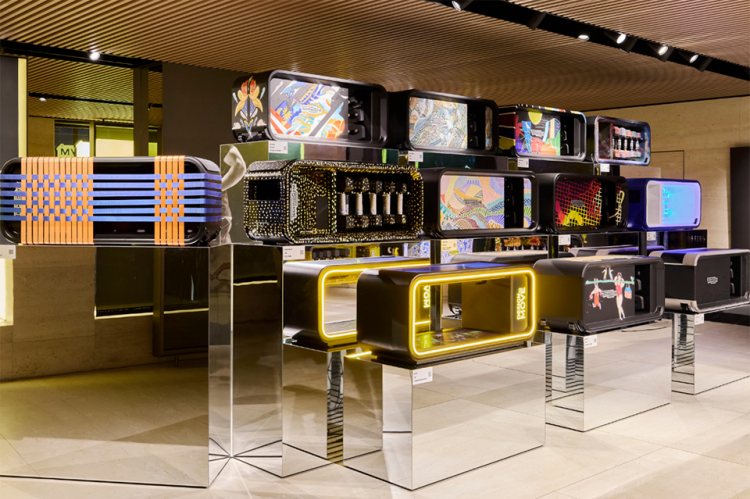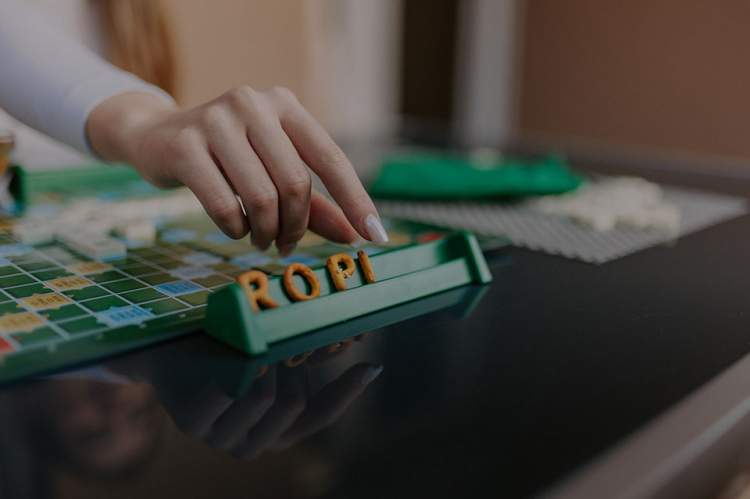Judgement related to ordinance and existence
Everyone is born with a clean slate. Allah (SWT) gives this opportunity to every human being.
Problems arise after birth:

By the Soul, and the proportion and order given to it; (Quran 91:7)
Allah makes the soul, and gives it order, proportion, and relative perfection, in order to adapt it for the particular circumstances in which it has to live its life. Cf. 32:9. See also 2:117. He breathes into it an understanding of what is sin, impiety, wrong-doing and what is piety and right conduct, in the special circumstances in which it may be placed. This is the most precious gift of all to man, the faculty of distinguishing between right and wrong.

And its enlightenment as to its wrong and its right; - (Quran 91:8)

Truly he succeeds that purifies it, (Quran 91:9)

And he fails that corrupts it! (Quran 91:10)

There is none born but is created to his true nature (Islam). It is his parents who make him a Jew or a Christian or a Magian quite as beasts produce their young with their limbs perfect. Do you see anything deficient in them? Then he quoted the Quran., The nature made by Allah in which He has created men there is no altering of Allah's creation; that is the right religion" (Quran 30:30)
Reference: Sahih Muslim 2658 b
So, what happens after birth? Everyone gets into a particular environment. This fundamentally determines our destiny. Our upbringing, family background, our schools, our daily ordeals, our exposure to virtue and sin are all determinants of our lives. But at the same time, Allah has given us all an ability: the ability to distinguish between good and evil. Many of the prophets were born and raised in environment of disbelief. Moreover, many of their household were damned:

We blessed him and Isaac: but of their progeny are (some) that do right, and (some) that obviously do wrong, to their own souls. (Quran 37:113)
Noah himself was an unbeliever in the first stage of his life. Mohammed (peace be upon him) also grew up in disbelief, as he was surrounded by a pagan world.

And He found thee wandering, and He gave thee guidance. (Quran 93:7)
But man, from his creation, is able to recognize the truth, the good. This is the Fitra. The extent of effects by the environment to people, is variable. Miriam (Mary), for example, was born into a decent environment:

"O sister of Aaron! Thy father was not a man of evil, nor thy mother a woman unchaste!" (Quran 19:28)
Aaron the brother of Moses was the first in the line of Israelite priesthood. Mary and her cousin Elisabeth (mother of Yahya) came of a priestly family, and were therefore, "sisters of Aaron" or daughters of 'Imran (who was Aaron's father). See 3:35. Mary is reminded of her high lineage and the unexceptionable morals of her father and mother. How, they said, she had fallen, and disgraced the name of her progenitors!
Let's get to the point! What is good and what is bad? Good is what Allah ordains man to do. Anything that Allah forbids is evil. Prayer, fasting, zakat, pilgrimage is good. Fornication, unclean morals, usury, theft are bad. These are ordinance-based, i.e. absolute good and evil. There is no “relativity” in these items, i.e. those cannot become partially good and bad.
These are called Shara’i aspects, (الشرعيُ جانب (i.e. aspects ordained by God. But there is another aspect as well. It is related to the existence, Koun (الكونيُ جانب .(This includes e.g. sickness, health, wealth, poverty, life and death. In the context of existence, how could one draw the line objectively what intentions and deeds are evil and good? Moreover, with human perception, it may be what looks good is bad and what looks bad is good:

But it is possible that ye dislike a thing which is good for you, and that ye love a thing which is bad for you. But Allah knoweth, and ye know not. (Quran 2:216)
It may be that the family becomes the enemy and an alien person opens the way to good. Life produces a lot of surprises, unexpected events. In the context of life events, only Allah can decide what the absolute truth is. Even if one places the events in the context that looks the most objective for him, one can only proclaim relative, i.e. partial, truth. Why? Because man only analyzes external circumstances and even this analyzes is not exact. However, the point is exactly what is hidden in the soul. That no one but Allah sees alone. Only Allah knows the purity of soul behind an event: “And its enlightenment as to its wrong and its right, truly he succeeds that purifies it and he fails that corrupts it!” (Quran 91:8-10)
There are signs calling for good and bad in all living conditions. The poor want to survive, the thought of theft and fraud turns on his mind. The rich lives in vain in prosperity, he wants power, even more wealth by any mean. But there are also signs that a different path can be chosen even in these living conditions. A good, virtuous, exemplary path. These motivations in us are known only to Allah. Only Allah knows how much an individual wants to get out of a disadvantaged environment, how he selects his friends, follows His values and not the instinct.
In any soul where Fitra works, regarding all intentions and deed the person asks himself the question: is this good or bad according to the judgment of Allah? Not only within ourselves but also in the external world we have to evaluate the events similarly. This is also the aspect when judging the actions of others, but as I have said, only Allah sees that clearly.
The question is: is there earthly truth, good and bad? Answer: regarding ordinance, i.e. Shara'i aspect there is absolute, i.e. Mutlaq (مطلق (truth, but concerning of existence, i.e. Kouni sense there is only nisbi (نسبي ,(i.e. relative, partial earthly truth.




















